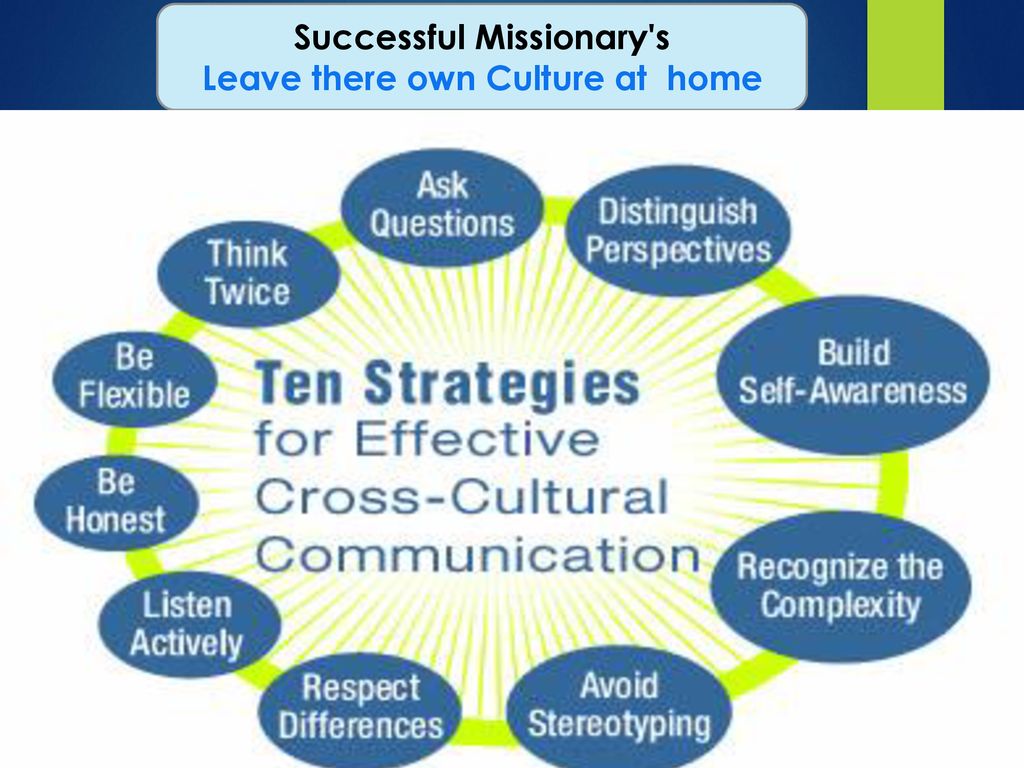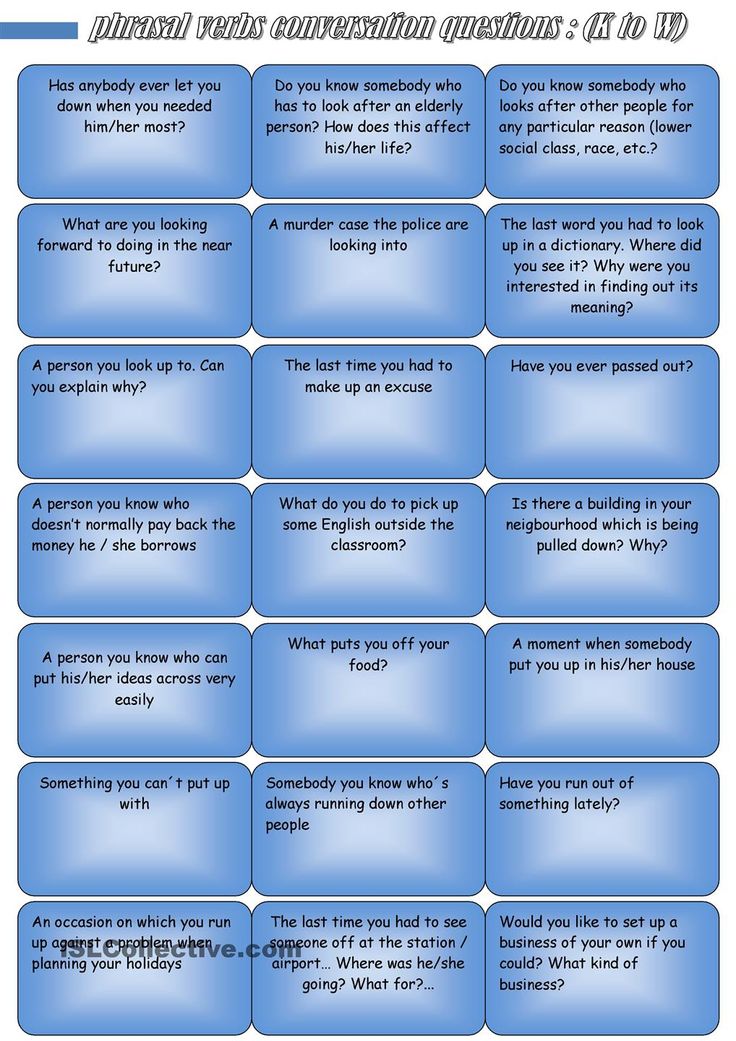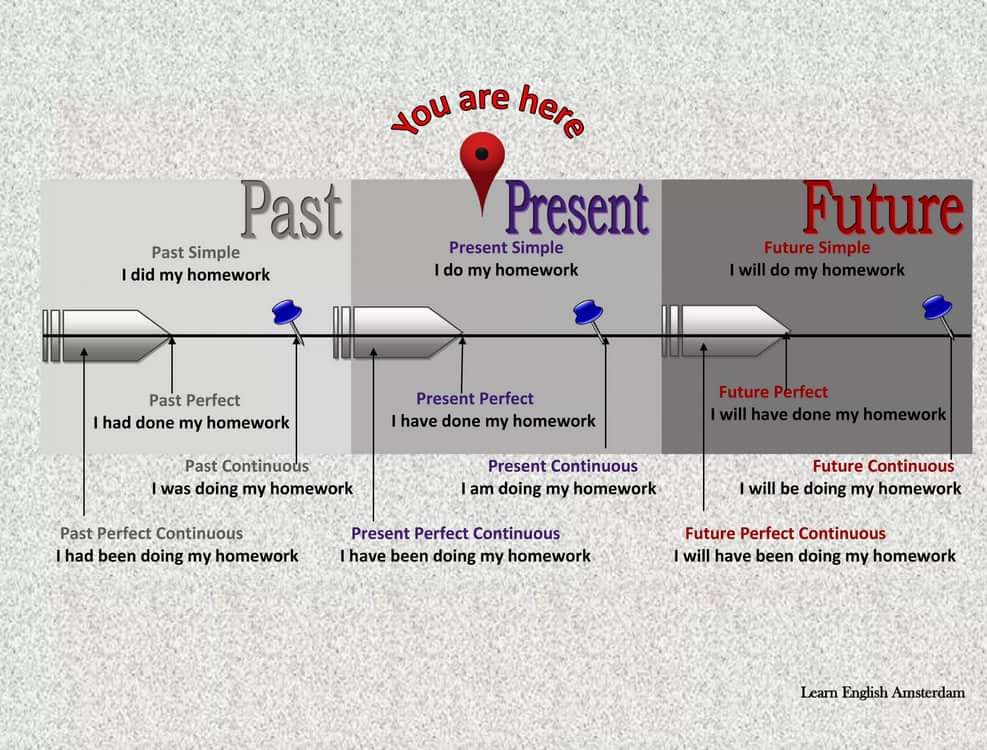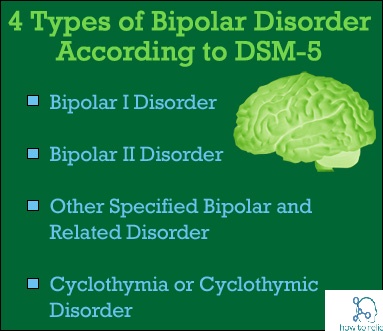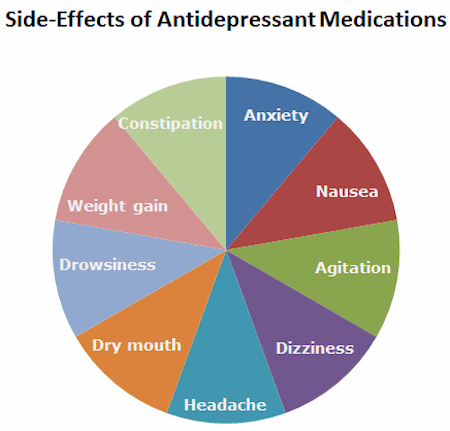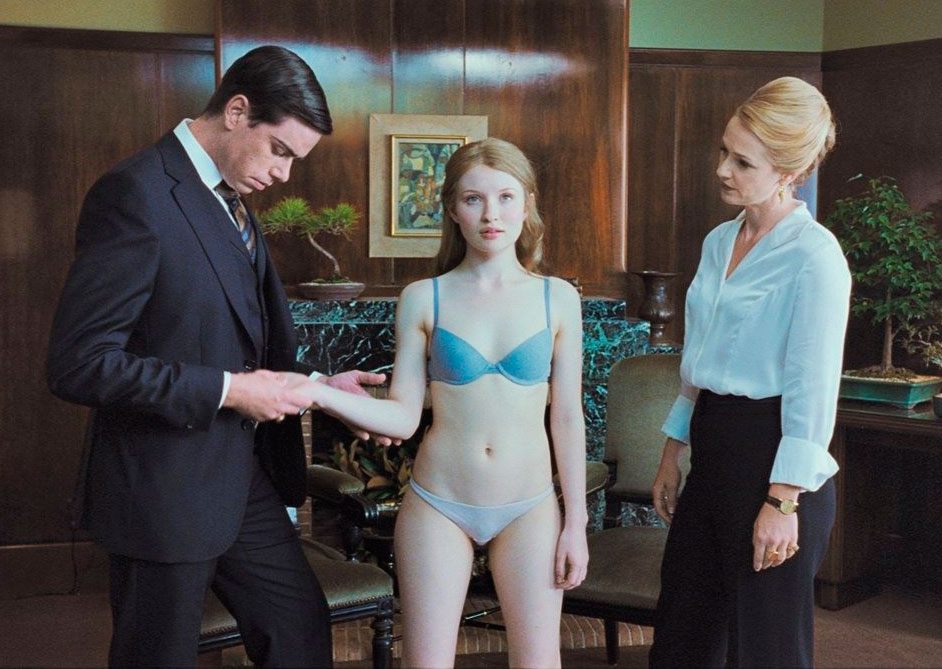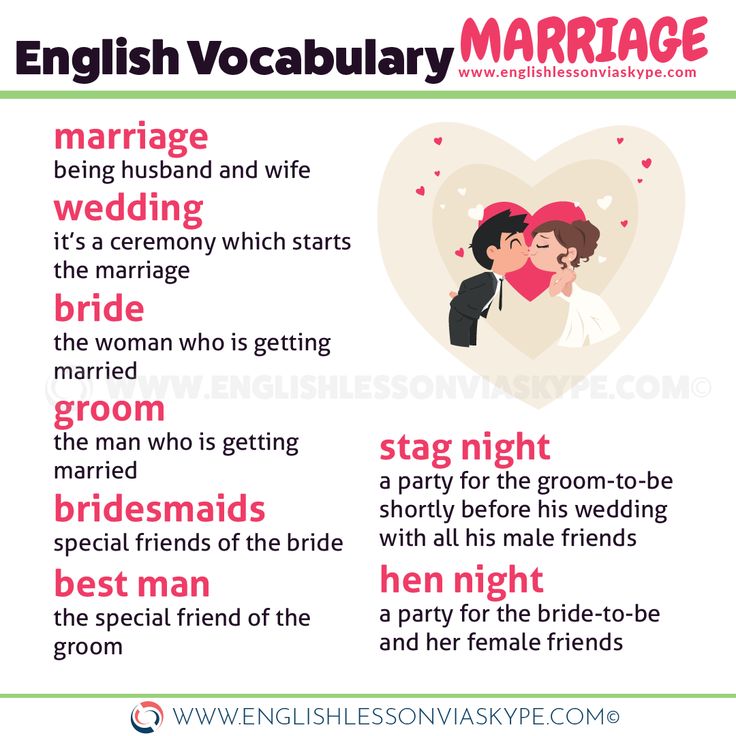Self preservation psychology in relationships
Musings of a Marriage Therapist – Paula Smith Imago
Attachment may indeed be the linchpin of relationships. With couples and marriage therapy it quickly becomes evident how securely attached the individuals are and how the relationship operates follows from that.
As humans, our knowledge and experience of relationships and security of attachment is determined by and large through our early experiences with our parents or significant caregivers. This security is the foundation — at all levels — of our basic ability to trust ourselves, the world and other people.
Without a certain level of trust, a balanced, reciprocal, interdependent relationship is impossible! Thus, partners tend to find each other at similar levels of attachment security or insecurity.
With insecurely attached relationships both partners tend to demand changes of each other, both thinking it should be easy for the other, and feeling hurt (which often manifests as anger) when the other doesn’t follow suit.
The changes they are demanding of each other are usually the developmental-type changes or the fulfillment of meeting needs left from childhood. Making those changes requires lots of mutual understanding, empathy, compassion, and trust — all of which are by definition more difficult for insecurely attached partners. Relationships grounded in insecure attachment typically require significantly more work, and often, outside professional help.
When things are going badly in relationships, negative cycles make things worse.
For example, the more I get frustrated or afraid the louder my voice gets, which makes you nervous and quieter, which makes me more frustrated and loud, which makes you pull back more, and so on. This is known in systems terms as “deviation amplifying feedback” or in Imago Relationship Therapy as the reactive survival dance or “Turtle and Alligator dynamic.”
In common terms it’s a vicious cycle. These are patterns of behavior that emerge spontaneously from the interaction between two people. In a sad irony, the more important you are to each other, the easier it is for these cycles to get created and intensify.
In a sad irony, the more important you are to each other, the easier it is for these cycles to get created and intensify.
Although each person plays a part, the cycle gets created between both of you and in a certain sense takes on a life of its own beyond either one of you.
These cycles can be especially difficult to understand from the inside. Out of frustration, partners often end up either blaming or criticizing each other, withdrawing into silence, both of which makes everything much worse. Over time these patterns lead to feelings of helplessness and hopelessness. Getting an outside perspective can help you understand how the cycle works, what the dynamics are and how to move from a vicious cycle into a virtuous cycle — more like the good feelings that you had at the beginning of your relationship.
Empathy and being able to see things from your partner’s perspective are the essentials of a healthy relationship.
If you have kids, empathy is also the key to your children’s emotional health and lifelong well-being.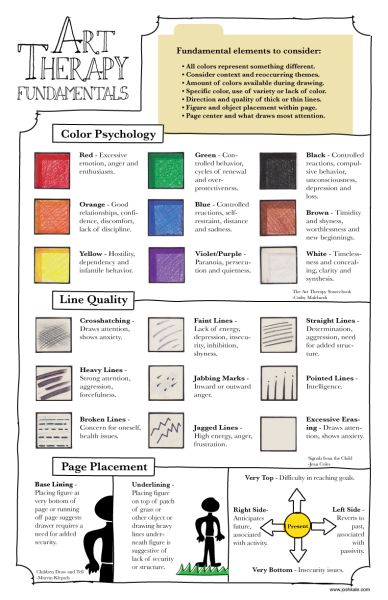 In the end, this is what really makes the difference in all relationships. Empathy flows and creates mental health and well being. Being able to empathize and see things from others’ perspectives is dependent on a foundation of secure attachment. The less securely attached you are, the less safe, secure, and trusting you feel.
In the end, this is what really makes the difference in all relationships. Empathy flows and creates mental health and well being. Being able to empathize and see things from others’ perspectives is dependent on a foundation of secure attachment. The less securely attached you are, the less safe, secure, and trusting you feel.
If you are fearful, it is hard to trust, hard to be vulnerable, easy to feel persecuted and to either blame your partner or retreat into various forms of withdrawal.
When you are scared and insecure you have less space to: 1) sit with and understand your own feelings, 2) be able to articulate your own feelings to others, and 3) be open to your partner’s feelings and perceptions–especially to the extent they are different from your own.
With the force of our biological imperative, fear prioritizes threat detection as a means of self-preservation. In other words, we are programmed to look for danger. So under conditions of stress and fear we tend to focus on the negative — particularly the negative in our partners!
This feeds the negative cycles.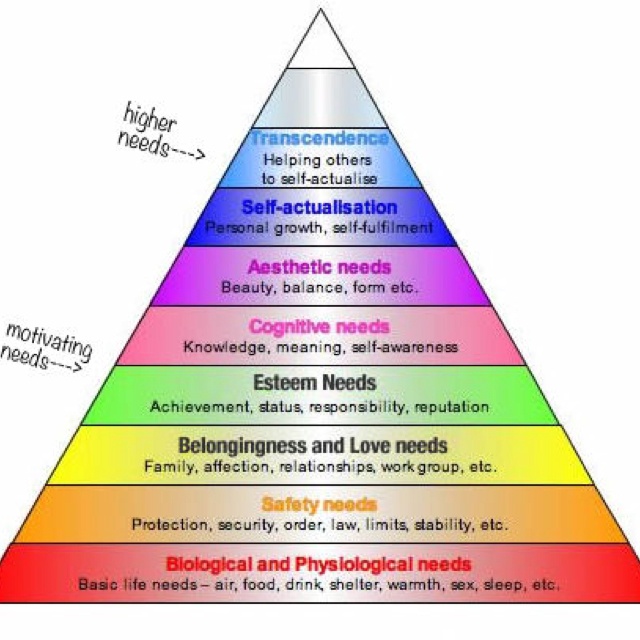 Fear also narrows our perceptions so that we tend to stereotype the aspects of our partners that we don’t understand or don’t like (which often are the same things).
Fear also narrows our perceptions so that we tend to stereotype the aspects of our partners that we don’t understand or don’t like (which often are the same things).
Empathy and perspective-taking work against these forces by expanding our perceptions and giving us a fuller, more realistic, multidimensional view of our partners and their connectedness to us.
Associated with this is an important skill of being able to hold multiple values and points-of-view simultaneously, even when these values and perspectives may be in conflict with each other.
We all have a fundamental conflict or tension between self-preservation and connection with others.
This is another aspect of the fear problem. Again looking at it from a biological/evolutionary perspective there are two critical aspects to continuing the human species: In order to reproduce we must both preserve ourselves as individuals and connect with others in order to conceive and nurture our young. Of course this is a very stripped-down view, but in many ways the feelings and experiences that we have in relationships flow from these two basic drives: connection (come here!) and protection (get away!).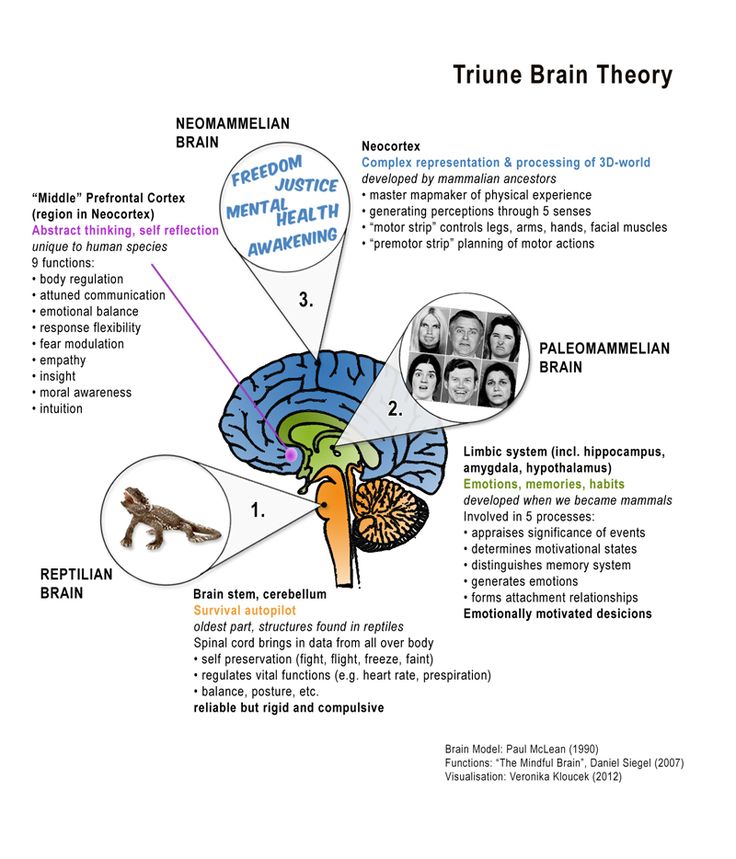
Two competing impulses we are all dealing with in relationships.
We want to merge together and feel the bliss of unbounded connection, warmth and security, but on the other hand we want to be independent, to make our own choices, have our own ideas, explore, and avoid being hurt.
Language and consciousness add symbolic reasoning, which extends threat beyond the realm of the physical all the way to the abstraction of a single phrase or gesture. Consider the phrases “Fuck you,” or “I’m leaving you.” Even these printed words on the page or text message — can make our hearts beat faster. That’s because they signal threats of aggression, abandonment, or both. This tension between self-preservation and connection is captured in popular titles such as “Do I Need to Give up Me [sacrifice self-preservation] To Be Loved by You [in order to have connection].”
The subtlety of self-preservation can extend all the way to fears of losing or not having influence, agency, identity, or integrity.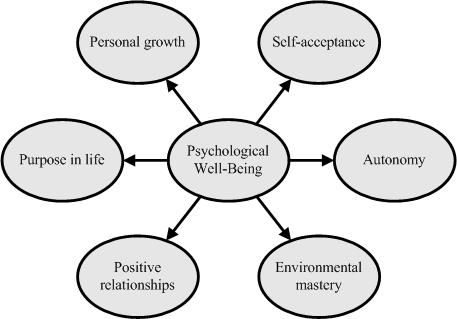 When relationships start to deteriorate, stress can easily shift the focus to threat and protection and the connection can start to get buried. Finding and maintaining the connection-protection balance is indeed one of the central ongoing challenges of relationship.
When relationships start to deteriorate, stress can easily shift the focus to threat and protection and the connection can start to get buried. Finding and maintaining the connection-protection balance is indeed one of the central ongoing challenges of relationship.
If you found this article helpful and would like to get on my mailing list email me at: [email protected] or inquire by calling 401-782-7899.
Blessings on your relational journey.
Paula M. Smith, M.Div., M.A., MFT |Certified Imago Therapist| Marriage & Family Therapist | Author| Spiritual Guide
Office: Hope Artiste Village, 1005 Main St. Suite 1208, Pawtucket, RI. 02860
The Danger of Self-Protection in Relationships
Source: Mavoimages/Depositphotos
Disclaimer: Please note that the content in this piece refers only to non-abusive relationships.
If you’ve ever fallen for someone, I’m guessing you’ve probably confronted a basic, human dilemma in emotional intimacy: self-exposure versus self-protection.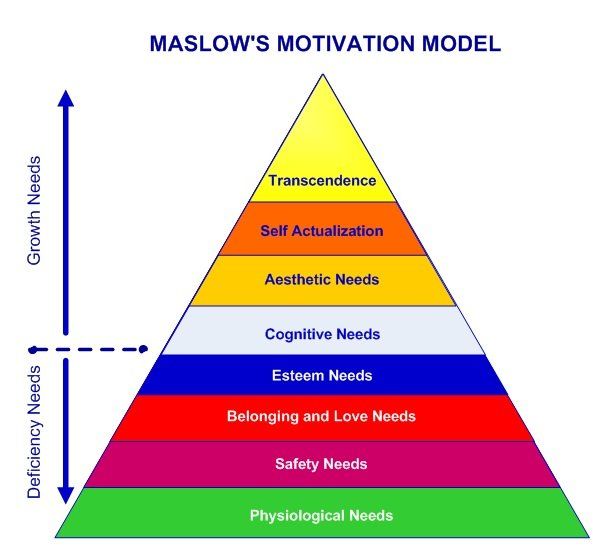
If we walk the road of self-exposure, we allow ourselves to be vulnerable. We stop simply liking or caring about another person, and we start deeply loving them. Our mind paints pictures with them in our future. As we open up and reveal inner feelings, motivations, and life experiences, we let them see further into us and our own particular brand of quirkiness. We share celebratory news, as well as the saddening losses and disappointments we’re enduring. We ask for what we need, voice our preferences, and acknowledge what we don’t want. We trust our partner to be faithful (if we’re in a monogamous relationship), truthful, and kind, and to have our best interests at heart.
Self-exposure opens the door to profound love, connection, and fulfillment. Yet, as sublime as an emotionally close and affectionate bond is, that doesn’t mean the journey is a comfy stroll. Let’s be honest: Sometimes it can feel risky and scary. The same vulnerability and openness that lays the groundwork for rewarding intimacy also gives your partner the power to emotionally slash you. The more you love your partner, the more disheartened you’d feel to lose them.
The more you love your partner, the more disheartened you’d feel to lose them.
Betrayal, abandonment, and rejection have a far more potent sting at the hands of someone you’re crazy about than someone who’s just so-so. Vulnerability even heightens the odds that you’ll get hurt. As you spend more time with your partner, and as you share more of yourself, how you feel, and what you want, you widen the window of opportunity to see your partner in, shall we say, unpolished moments. Partners stumble and can be less understanding, thoughtful, considerate, attentive, affectionate, or patient.
In the face of all this, it can be understandably tempting for people to want to take the road of self-protection and put up a sort of emotional buffer to defend against being wounded deeply. But without taking risks, they can’t get as close and love as wholeheartedly.
Ultimately, the choice between these two paths is a delicate tightrope walk as people adjust how much they move toward vulnerability or self-protection, depending on what they believe is happening in the relationship.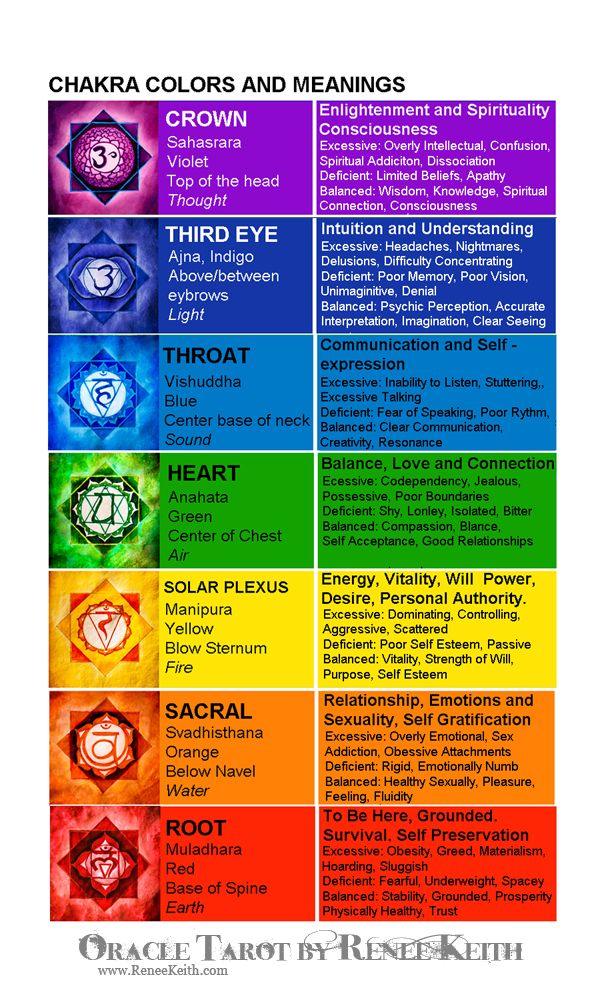 If they sense that their partner is a reliable, understanding, loving presence who will stand by them, they’re apt to take healthy chances as they reach for connection. But if they worry their partner will spurn them, they’re more liable to don their emotional armor to defend themselves, and this armor can take various forms, such as:
If they sense that their partner is a reliable, understanding, loving presence who will stand by them, they’re apt to take healthy chances as they reach for connection. But if they worry their partner will spurn them, they’re more liable to don their emotional armor to defend themselves, and this armor can take various forms, such as:
1. They keep their eyes peeled for any signs that their partner doesn’t care about them or the relationship.
Imagine walking somewhere alone at night and hearing a strange noise behind you. You’d probably turn around and be more watchful for at least a little while. This is basically the relationship equivalent of that scenario. If someone fears their partner may leave, lose affection for them, or stray, they may look for evidence that it’s happening. Like a peculiar noise in the darkness, people try to spot danger where they fear it exists, so they can protect themselves.
2. They emotionally shut down and distance themselves from their partner.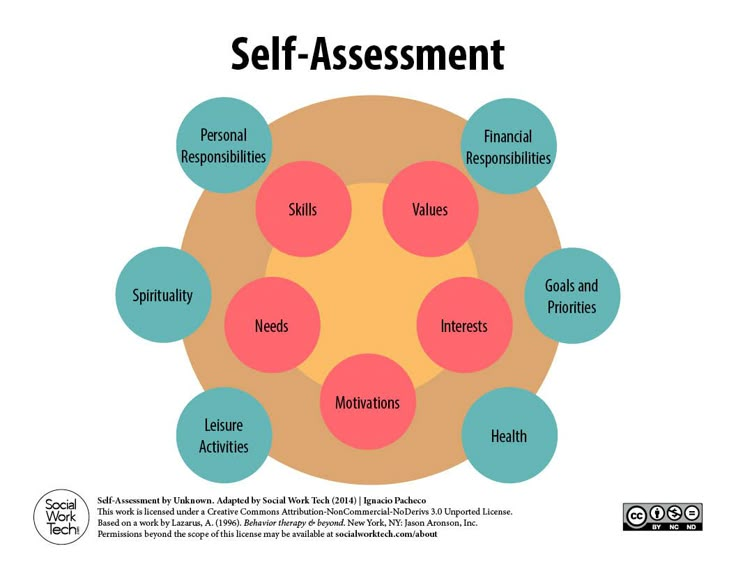
Picture one person physically backing away from another. Just as physical space can feel remarkably safe, the same is true of emotional space. And people create it in multiple ways. They can choose to open up less, invest less energy in trying to please their partner, disregard their partner, or stop turning to their partner for comfort and encouragement and start relying more on other loved ones and friends.
Source: Motortion Films/Shutterstock
3. They find fault with their partner or behave rudely toward them.
A person using this emotional safeguard is essentially taking their partner down a few notches. Perhaps they shine a mental spotlight on their partner’s mistakes. And what about those sweet and lovable idiosyncrasies, such as wanting the same snack every day, singing golden oldies in the shower, or a penchant for absent-mindedness? Now they’re just annoying. Or their tongue could leap out of its cage as they freely nag their partner or put them down.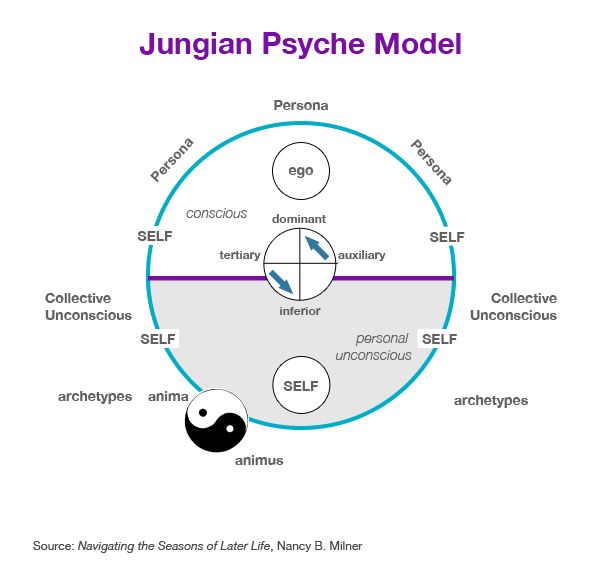 And what would be the point of this sort of shield? Let’s say you had two bicycles, and an evil genie (I promise we’re going somewhere with this) told you that you had to let go of one. One of them was rickety and busted, and the other was stable, in superb condition. Which one would you give up? I’m guessing you’d ditch the damaged one, right? It’s no different in the realm of romance. If someone suspects their partner is drifting away, it’s less agonizing to say goodbye to a partner you have been viewing as below par than one who seems out-of-this-world wonderful.
And what would be the point of this sort of shield? Let’s say you had two bicycles, and an evil genie (I promise we’re going somewhere with this) told you that you had to let go of one. One of them was rickety and busted, and the other was stable, in superb condition. Which one would you give up? I’m guessing you’d ditch the damaged one, right? It’s no different in the realm of romance. If someone suspects their partner is drifting away, it’s less agonizing to say goodbye to a partner you have been viewing as below par than one who seems out-of-this-world wonderful.
And what if those worries and fears go beyond belief and reflect what’s actually happening in the relationship? Depending on the circumstances, it can be a very prudent move to take it slow and think twice about leaving one’s heart exposed. But suppose that someone fearfully believes their partner is about to hit the eject button or doesn’t care for them anymore, and it’s not true?
Here’s where self-protection can get a little thorny, because it paradoxically winds up creating what the person who’s protecting themselves doesn’t want — less intimacy and security.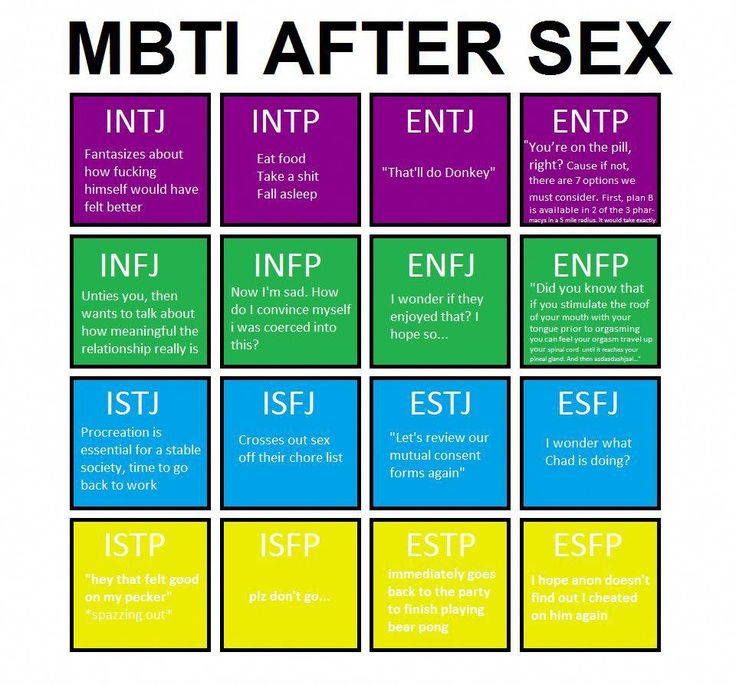
For instance, let’s say we look for examples of how our partner doesn’t care about us. Because it’s human nature to see what we’re looking for, honest missteps can be transformed into signs that our partner doesn’t care. A forgotten text to say she’ll be at work late? He came home and didn’t feel like talking or cuddling? Our minds can turn it into evidence of what we fear.
Or imagine we emotionally shut down and pull back, or we make sharp comments that pick at our partner, so we can feel less vulnerable in the face of distress and uncertainty. Then we still close the door to intimacy. It’s like trying to walk toward something by walking away from it. It doesn’t work. In moving away from our partner, we unwittingly increase the odds that they’ll harbor fear and uncertainty in the relationship, leaving them with the same dilemma of whether to move closer or self-protect. And if they shield themselves, even more distance arises. Sadly, many couples find themselves in this situation and yearn to find a way back to each other.
So what can be done? How can you resist the understandable urge to put up your shield when uncertainty, anxiety, and insecurity arise? In other words, how can you help prevent self-protection from sabotaging you?
Here are a few ideas:
1. Cultivate your self-worth.
People who don’t feel good about themselves have less faith in their partner’s love than people with higher self-regard. They’re also more inclined to mentally take their partner down a peg to feel less vulnerable.
2. Be a responsive, loving, and affirming emotional presence for your partner.
This will help your partner to see you in a more favorable light, which can bolster their ability to move closer. It also fosters your partner’s trust that if they can come to you, they’ll find support rather than criticism. Not only that, your partner will be more capable of handling moments of vulnerability or pain in the relationship in a productive and positive way, rather than withdrawing or lashing out.
3. Pay it forward.
Remember the times when your partner was there for you. When people recall fond memories of their partner being responsive to them and their needs, they’re more likely to feel happier with their partner later.
4. Sit in the driver’s seat.
Perhaps it’s the prospect of a second sprinkled donut, luring you like a sugary siren. Maybe it’s a beloved TV show crying out to you as you’re diligently trying to get work done. Or it might be a voice in your head that says, “You know you’re tired! Just stop and go lay down already!” as you strive to finish that 10K. We all have temptations that can set us adrift. But if we can resist them (most of the time, anyway), we’re doing more than we may realize. When your partner sees you reining in momentary whims and urges and governing your own behavior, they’ll be less inclined to retreat behind a protective shield when you make an inconsiderate or hurtful misstep. So when you apologize, remain straightforward yet polite in conflict, or you faithfully follow your aspirations rather than give in to distractions that pull you away from them, it’s an investment in your bond. You’re cultivating your partner’s trust that they can take healthy risks with you and stay close, even in those moments when it feels dicey for them to do so.
You’re cultivating your partner’s trust that they can take healthy risks with you and stay close, even in those moments when it feels dicey for them to do so.
5. Take a practical approach.
Let go of the idea that acting out will protect you or give you what you want. If you’ve ever found yourself reacting to your fears or to the mindless blunders of your partner in harsh, insensitive, or thoughtless ways, you’ve got plenty of company. This is a common and understandable attempt to ease distress by trying to either: a) create more distance from your partner so you don’t feel so emotionally exposed, or b) get your partner to see how much you’re hurting and come to your side. Unfortunately, this strategy backfires, because it pulls you further from what virtually all humans hope for — a loving, secure, harmonious, and enjoyable relationship with the one you love.
Facebook image: Motortion Films/Shutterstock
Psychologist: the instinct of self-preservation makes you start a relationship in the cold - Gazeta.
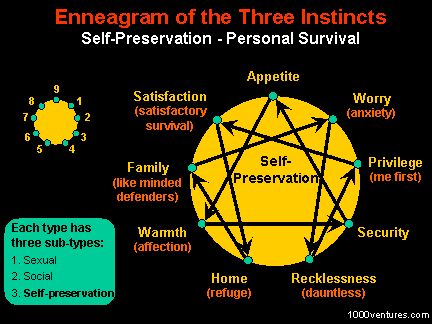 Ru
Ru Psychologist: the instinct of self-preservation makes starting a relationship in the cold - Gazeta.Ru | News
close
100%
Contrary to popular belief about the spring "time of love", people often want romantic relationships in the cold seasons - in autumn and winter. This was reported to Gazeta.Ru by psychologist and neuropsychologist Vera Supryaga.
According to her, the whole point is that along with the change of seasons, the body's hormonal system also changes. She adapts to the cold, tries to keep her body warm, and a person wants to eat more satisfying food, spices, spices and carbohydrates, which in turn increase the level of testosterone in the blood of men and women. So, it is in autumn and winter that libido rises and a desire for intimacy arises, both physically and spiritually.
“It seems to us that by directing attention to each other, showing care, it will become warmer for us to survive this cold period.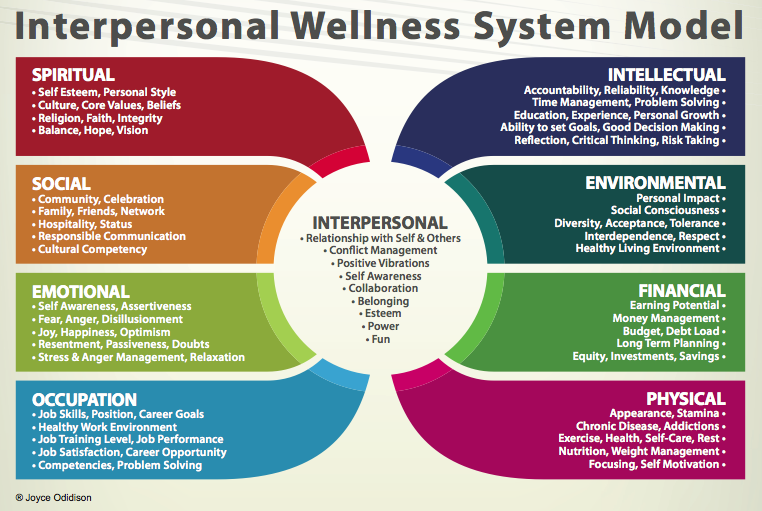 The body practically requires to spend less energy in order to save it, movements become more and more slow from autumn to winter compared to summer, ”says psychologist Supryaga.
The body practically requires to spend less energy in order to save it, movements become more and more slow from autumn to winter compared to summer, ”says psychologist Supryaga.
In autumn and winter, people try to spend more time with each other, communicate more, as if replenishing the warmth of the soul and body during intimacy. As for men and women who do not have partners, they strive to create a couple and a family, experience fewer emotions of sadness, sadness, loneliness, because together they are more fun and more reliable.
“This is something like a self-preservation instinct that works in cold weather and practically forces people to get to know each other, meet, become closer and happier,” Supryaga explains.
Previously PhD stated about the benefits of aggression and anger.
Subscribe to Gazeta.Ru in News, Zen and Telegram.
To report a bug, select the text and press Ctrl+Enter
News
Zen
Telegram
Vladimir Tregubov
Information gypsies in a noisy crowd…
Why we trust personal growth coaches, super investors and even business magicians
Maria Degtereva
The Internet is like a magic pill
About homegrown psychologists on the net
Marina Yardaeva
Mortgage, where are you going?
What the new home loan statistics show
Yuliya Melamed
I'm going to drink right now
About how differently they joke in Moscow and in Tel Aviv
Georgy Bovt
Quest "Find Judas"
About why officials react seriously to ignorant nonsense
Error found?
Close
Thank you for your message, we will fix it soon.
Continue reading
Why do we destroy ourselves and how to deal with it?
Most people self-flagellate: regret mistakes made in the past, scold themselves for weaknesses, blame themselves for failures. Many consider themselves not beautiful enough, slender or smart enough, thereby destroying themselves with exhausting diets, training, becoming enemies to themselves. These are signs of self-aggressive behavior. Let's look at the causes of aggression and how to prevent it.
Many consider themselves not beautiful enough, slender or smart enough, thereby destroying themselves with exhausting diets, training, becoming enemies to themselves. These are signs of self-aggressive behavior. Let's look at the causes of aggression and how to prevent it.
Auto-aggression or self-destruction is a psychological or physical aggression that is consciously or unconsciously directed at oneself, at self-destruction. It is a person's response to stress, psychological or physical trauma. This is unnatural human behavior, contrary to the instinct of self-preservation. Self-destruction is a defense mechanism when a person cannot pour out the negative outside and redirects it to himself. For example, he cannot express his dissatisfaction with his upbringing, therefore he keeps his feelings in himself and does not give vent to emotions.
According to. G. Ya. Pilyagina, doctor of medical sciences, the reasons for the emergence of auto-aggression are as follows:
- Formation of an internal conflict, suppression of aggressive emotions and denial of one's own convictions.
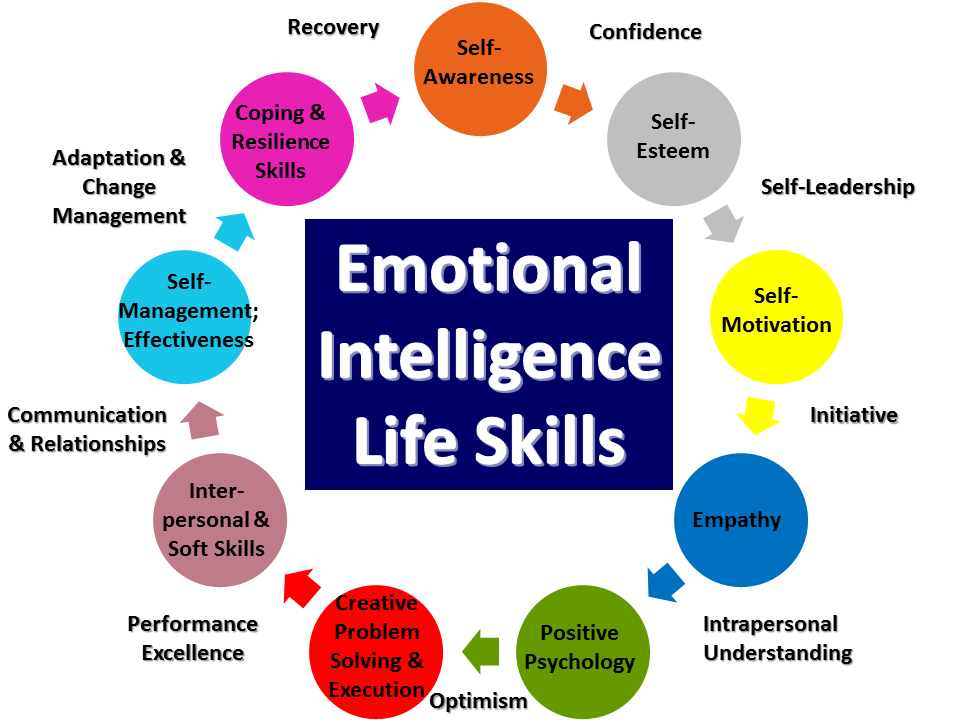
- Psychologically traumatic circumstances when the protective mechanism is activated.
- Feedback. Unfulfilled dreams or expectations, the need to resolve internal conflicts.
As a rule, auto-aggression is formed on the basis of the relationship of parents to the child. If they praise for good grades at school, for success in sports, but at the same time they also explain and show where the child needs to make efforts, then the person grows up with correct, objective views. Self-love is copied from the example of family relationships. Most likely, you have met parents who have sent their children to all circles and are trying hard to make geniuses out of them. When a child suddenly fails to win an Olympiad or gets a B at school, thereby failing to justify the hopes of adults, he begins to consider himself stupid and unworthy. It is important to praise children for any success, even for the smallest and most insignificant victories. Then a healthy person will grow up with the right attitude towards himself.
Impulsive, emotional people do not cope well with negative emotions, not only in relation to others, but also to themselves. Calm and disciplined people are also prone to self-destruction only unconsciously. They are tactful and restrained, accumulate all experiences in themselves, which can then become a factor in the development of psychosomatic diseases. Also, the environment of a person affects the manifestation of auto-aggression. If the parents do not discuss the relationship in any way, do not express their dissatisfaction, most likely, the adolescent will begin to display auto-aggressive behavior.
How to deal with self-aggression?
- Work on self-assessment. Learn to be realistic about your strengths and weaknesses. Accept your faults, but don't forget your virtues.
- Give vent to emotions. Discuss the problem with a friend, keep a diary, or go for a run. By suppressing negative emotions, you also reject positive emotions. It’s okay to be angry at people and situations, don’t berate yourself for it.
